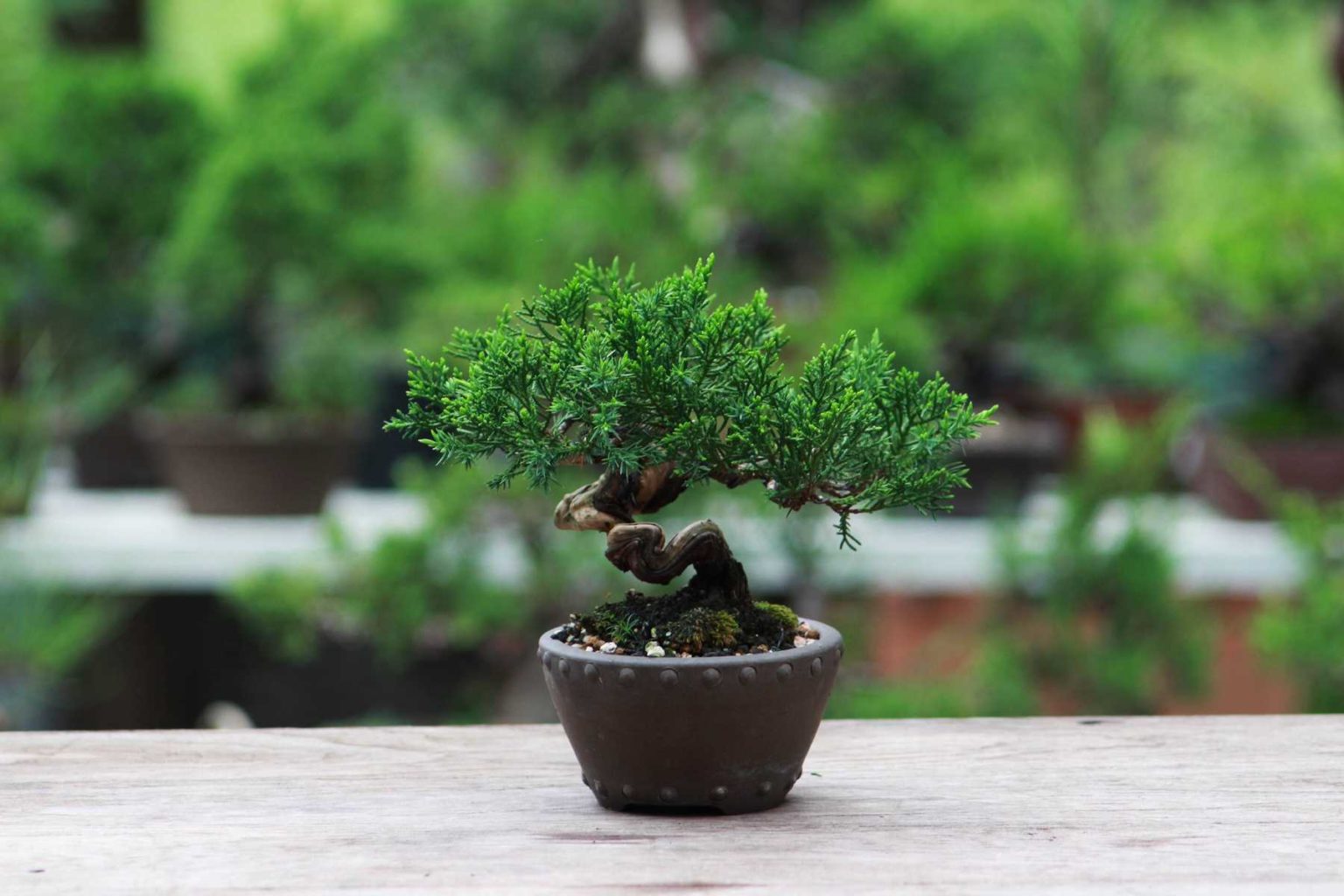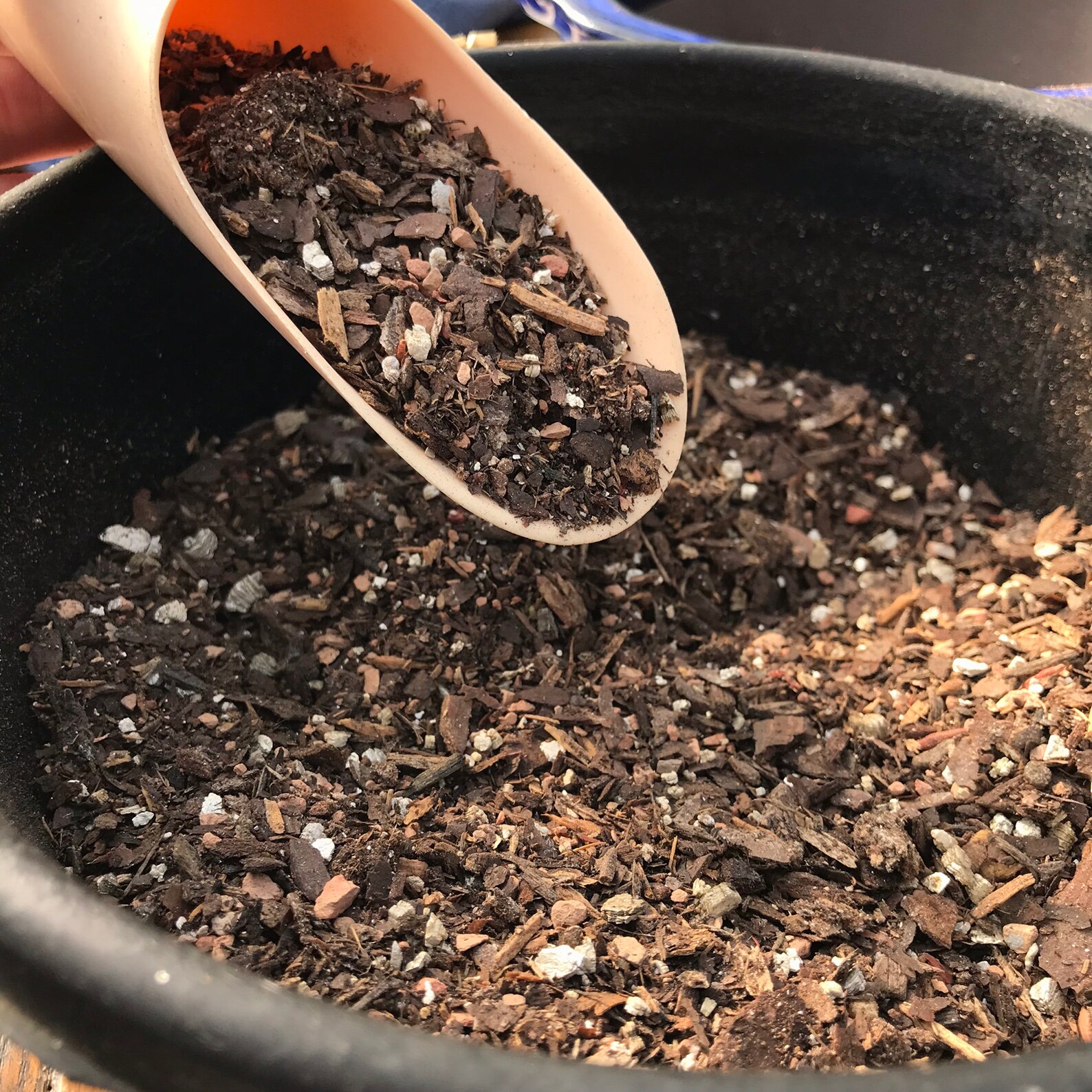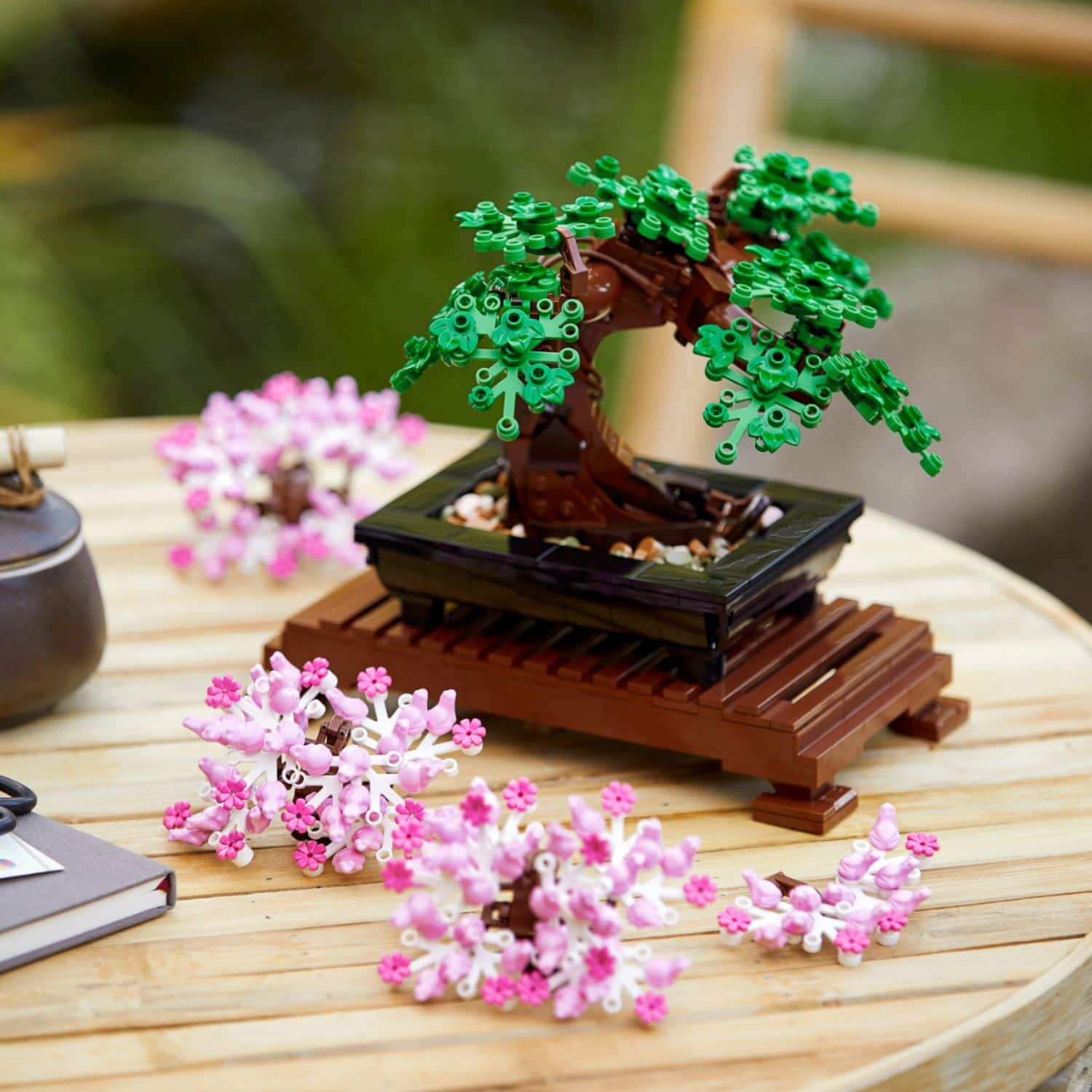Bonsai tree soil
Table of Contents
Table of Contents
Bonsai trees are a beautiful addition to any home or garden, but taking care of them can be a challenge. One of the most important factors in a bonsai tree’s health is the soil it grows in. Choosing the right soil for your bonsai tree can mean the difference between a thriving plant and a struggling one. In this article, we will explore the best soil for bonsai trees and how to choose the right soil for your plant.
Pain Points
Many bonsai tree owners struggle with finding the right soil for their plants. Bonsai trees have very specific soil requirements, and using the wrong soil can lead to poor growth, disease, and even death. Additionally, different varieties of bonsai trees may have different soil needs, making it difficult to find a one-size-fits-all solution. It can be overwhelming to navigate the many options available and choose the right soil for your bonsai tree.
Target of Best Soil for Bonsai Trees
The goal of using the best soil for bonsai trees is to provide a healthy environment for the tree’s roots to grow and absorb nutrients. The ideal soil for bonsai trees should be well-draining, provide good aeration, retain moisture, and have a neutral pH. Using the right soil can lead to faster growth, stronger roots, and a healthier tree overall.
Summary of Main Points
Choosing the right soil for your bonsai tree is crucial for its health and growth. The ideal soil should provide good drainage, aeration, moisture retention, and a neutral pH. Using the right soil can lead to faster growth, stronger roots, and a healthier tree overall.
Best Soil for Bonsai Trees: The Target
As an experienced bonsai tree owner, I have found that using a specialized soil mix made specifically for bonsai trees is the best option. These soil mixes are designed to provide the ideal growing environment for bonsai trees, with a blend of organic and inorganic materials that provide good drainage, aeration, and moisture retention.
 When looking for a bonsai soil mix, be sure to choose one that is appropriate for your tree’s species. Some varieties may require a more specific blend of soil ingredients, so it’s important to do your research and choose the right soil mix for your tree.
When looking for a bonsai soil mix, be sure to choose one that is appropriate for your tree’s species. Some varieties may require a more specific blend of soil ingredients, so it’s important to do your research and choose the right soil mix for your tree.
Using Organic Materials
Many bonsai tree owners prefer to use organic materials in their soil mix, such as bark, peat moss, and compost. While these materials can provide nutrients to the tree, it’s important to be mindful of their moisture retention properties. Organic materials tend to retain moisture more than inorganic materials, which can lead to root rot if not used in combination with well-draining materials like perlite or pumice.
 ### Combining Inorganic Materials
### Combining Inorganic Materials
In addition to organic materials, many bonsai tree owners also use inorganic materials like akadama, lava rock, or calcined clay in their soil mix. These materials provide excellent drainage and help prevent root rot by promoting airflow through the soil. When used in combination with organic materials, inorganic materials can create the ideal growing environment for your bonsai tree.
Using a Soil pH Meter
Another important factor to consider when choosing the best soil for your bonsai tree is the soil’s pH level. Most bonsai tree species prefer a soil pH between 6.0 and 7.0. Using a soil pH meter can help you determine the pH level of your soil and adjust it as needed with amendments like sulfur or lime.
 Choosing the Right Soil for Your Bonsai Tree
Choosing the Right Soil for Your Bonsai Tree
When choosing the best soil for your bonsai tree, it’s important to consider the species of your tree, as well as your climate and growing conditions. Research the soil requirements for your bonsai tree and choose a soil mix that meets those requirements. Experiment with different soil mixes and materials to find the one that works best for your tree.
Question and Answer
Q: Can I use regular potting soil for my bonsai tree?
A: No, regular potting soil is not recommended for bonsai trees. It retains too much moisture and lacks the necessary drainage and aeration properties that bonsai soil needs.
Q: How often should I repot my bonsai tree?
A: Bonsai trees should be repotted every 1-2 years, depending on the species and size of the tree. Repotting helps refresh the soil and prevent the roots from becoming rootbound.
Q: How do I know if my bonsai tree’s soil is too dry?
A: Stick your finger about an inch deep into the soil. If the soil feels dry at that depth, it’s time to water your bonsai tree.
Q: Can I make my own bonsai soil mix?
A: Yes, you can make your own bonsai soil mix using a combination of organic and inorganic materials. However, it’s important to research the soil requirements for your bonsai tree species and choose materials that provide good drainage, aeration, and moisture retention.
Conclusion of Best Soil for Bonsai Trees
Choosing the right soil for your bonsai tree is crucial for its health and growth. The ideal soil should provide good drainage, aeration, moisture retention, and a neutral pH. Using a specialized bonsai soil mix, in combination with organic and inorganic materials, can create the ideal growing environment for your bonsai tree. Remember to research your tree species’ soil requirements and adjust your soil mix as needed. By choosing the best soil for your bonsai tree, you can help ensure its health and beauty for years to come.
Gallery
Bonsai Tree Soil - Two Quarts All-Purpose Blend Bonsai Soil Mix - Tinyroots 100% Organic - All

Photo Credit by: bing.com / bonsai potting quarts
Bonsai Tree Soil - Two Quarts All-Purpose Blend Bonsai Soil Mix - Tinyroots 100% Organic - All

Photo Credit by: bing.com / quarts blend akadama frit additives turface oxygen bonsais
Bonsai Tree Soil All Purpose Blend. Comes In 2 Quarts 4 | Etsy

Photo Credit by: bing.com / quarts frit turface akadama additives
What Is The Best Soil For Bonsai Trees? – The Bonsai Tool & Supply Company Of Canada

Photo Credit by: bing.com / bonsai soil
The Best Soil Mix For A Bonsai Tree - Bonsai Tree Resource Center | Bonsai Tree Care Tips, Tools

Photo Credit by: bing.com / soil arten plantura minneapolis cleanipedia beliebtesten greenhouses wagners eignen





